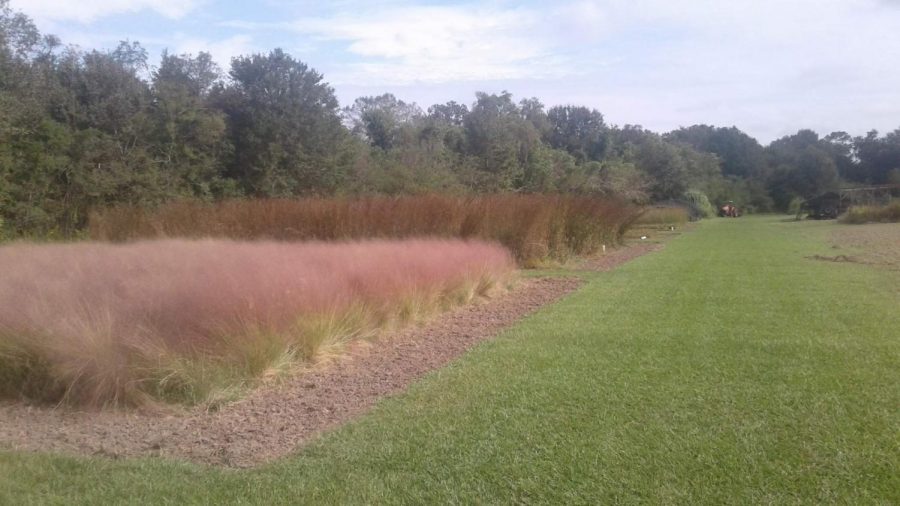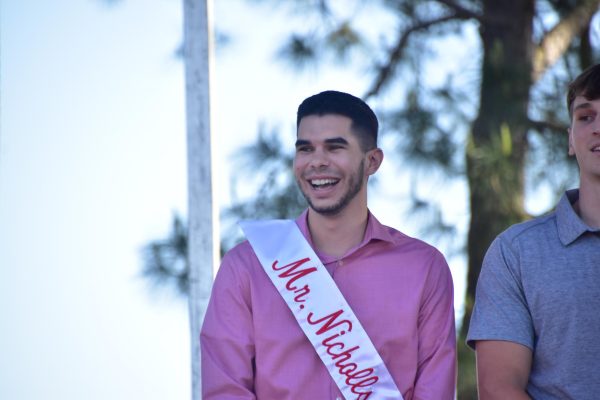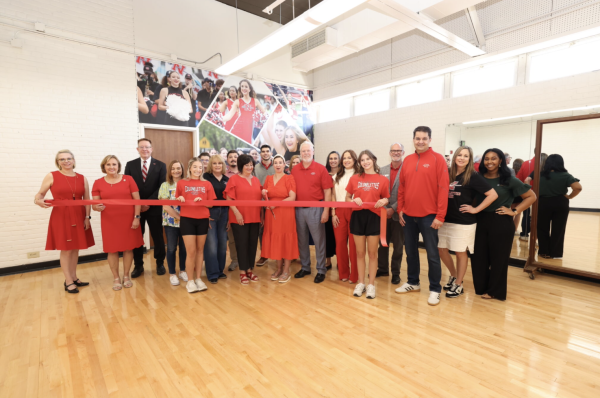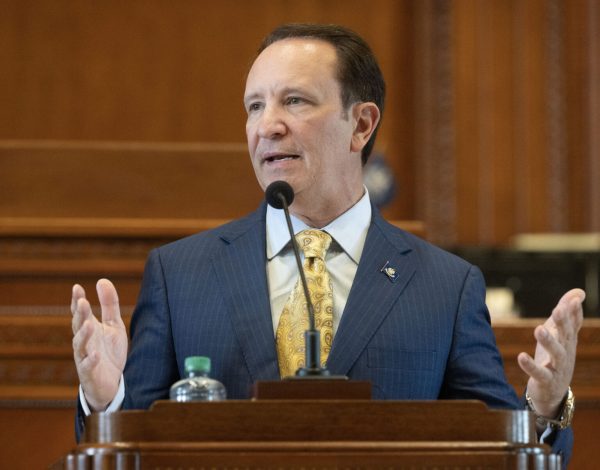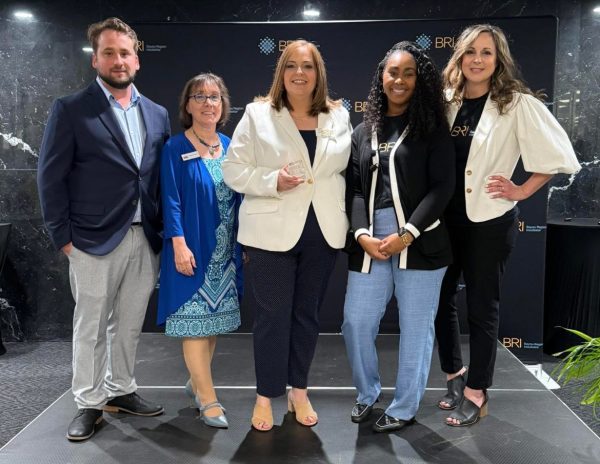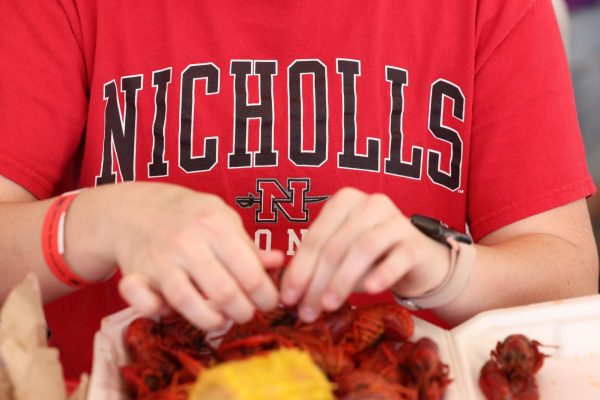Nicholls and NRCS collaborate with farming trees for the coast
In 2006, Dr. Allyse Ferrara and Dr. Quenton Fontenot initiated a collaboration between Nicholls State University and the Louisiana Natural Resources Conservation Service (NRCS).
This collaboration involved the two entities working together to farm trees in an effort to improve Louisiana’s receding coastline.
Recently, the project has focused on sand live oak trees.
The sand live oak tree is a species that can only be found in coastal habitats. They are similar to live oak trees, but they do not reach the same large sizes. They can also tolerate coastal conditions that live oaks cannot.
Sand live oak trees were populous along Louisiana’s barrier islands between 60 and 70 years ago, but they no longer are for some scientifically unknown reasons.
A colleague of Fontenot’s found a sand live oak tree growing in Bay St. Louis, Mississippi, extracted seeds from it and planted those seeds at the Nicholls farm. 2019 served as the first year that the sand live oaks produced acorns, and their production of acorns is significantly increasing. The number of acorns produced by the trees is projected to continue growing with each passing year.
Farming is a two-step process. First, the acorns are collected and planted. Second, when the acorns grow into saplings, they are transported to the coast and planted there.
Those involved in the project recently entered into a memorandum of understanding with the Louisiana Department of Agriculture and Forestry. The department has certain coastal tree species it wants to propagate.
The department will collect the seed materials from specific habitats for specific species. Nicholls faculty will plant the seeds at the farm and establish tree seed nurseries so that more seeds can be collected once the trees mature.
“The goal of the project is to increase the availability of plant material…for restoration work,” Fontenot, department head and professor of biological sciences, said.
Restoration plantings are usually volunteer-led events, which means they rely heavily on the involvement of students, faculty and community members.
“The Nicholls farm is playing a vital role in the restoration activities of our region,” Fontenot said.



